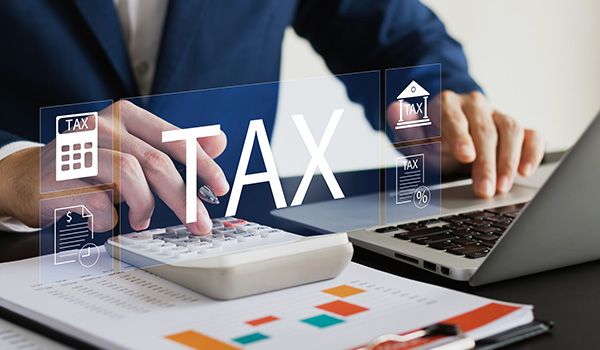05-22-2023 |
New Iowa Law Establishes Optional Workaround for Pass-through Businesses to the $10K Federal SALT Limitation
By: Christopher L. Nuss & Maggie Simonson Schild

Late last week, Governor Kim Reynolds signed House File 352, which establishes an IRS-approved workaround to the federal limitation of deducting only up to $10,000 of state and local tax (SALT) for individuals who itemize their deductions effective retroactively to January 1, 2022. Under this new law, which will remain in effect for the duration of the federal SALT cap (currently set to expire in 2026), certain pass-through entities, which include partnerships and S corporations, can elect to pay Iowa income tax on behalf of their individual owners (the pass-through entity (PTE) tax).
This is an annual election to opt into the PTE tax system. If a pass-through entity opts into the PTE tax, it applies to all owners - an owner cannot elect out, unlike the new composite tax system. The PTE tax payment is deductible by the business, thereby lowering the amount of federal and state taxable income passing through to the business owners, who then get a refundable credit on their personal Iowa income tax returns for their share of the PTE tax paid by the business.
The pass-through entities would remit PTE tax throughout the year based on their estimated taxable income times the top income tax rate for individuals in the year of election. For 2023, that rate is 6%. Notably, the amount of an owner's PTE tax credit for 2023 would be his/her pro rata share of the tax paid multiplied by 100% less this 6% highest income tax rate. In other words, if an individual owns 25% of the business that remits $100,000 of PTE tax, then the owner's tax credit is 94% (100% - 6%) of $25,000 (25% x $100,000), or $23,500. This mechanism to the credit computation appears to ensure that the fiscal impact is neutral to Iowa; otherwise, Iowa's tax revenue would be expected to decrease since the PTE tax payment is deductible.
As a reminder, beginning in 2022, a new Iowa composite tax system became effective for nonresidents. As such, the interaction of the PTE tax law and the composite tax rules should be considered. If a nonresident-owner’s only Iowa-source income is from a pass-through entity that has elected to pay PTE tax and the credit adequately covers the nonresident-owner’s Iowa tax liability, the nonresident-owner is not required a file an Iowa tax return.
If the pass-through entity has already filed a 2022 tax return, it may want to consider amending to elect to pay the PTE tax. Estimated tax payments were not required for 2022. Guidance should be forthcoming from the Iowa Department of Revenue on how the specific mechanics would work in this regard, in addition to other elements of the new PTE tax law.
Please connect with your BrownWinick attorney or feel free to reach out to Christopher L. Nuss at 515-242-2432 or Christopher.Nuss@BrownWinick.com or Maggie Simonson Schild at 515-242-2480 or maggie.schild@brownwinick.com to discuss your particular situation.
Meet the Authors:

